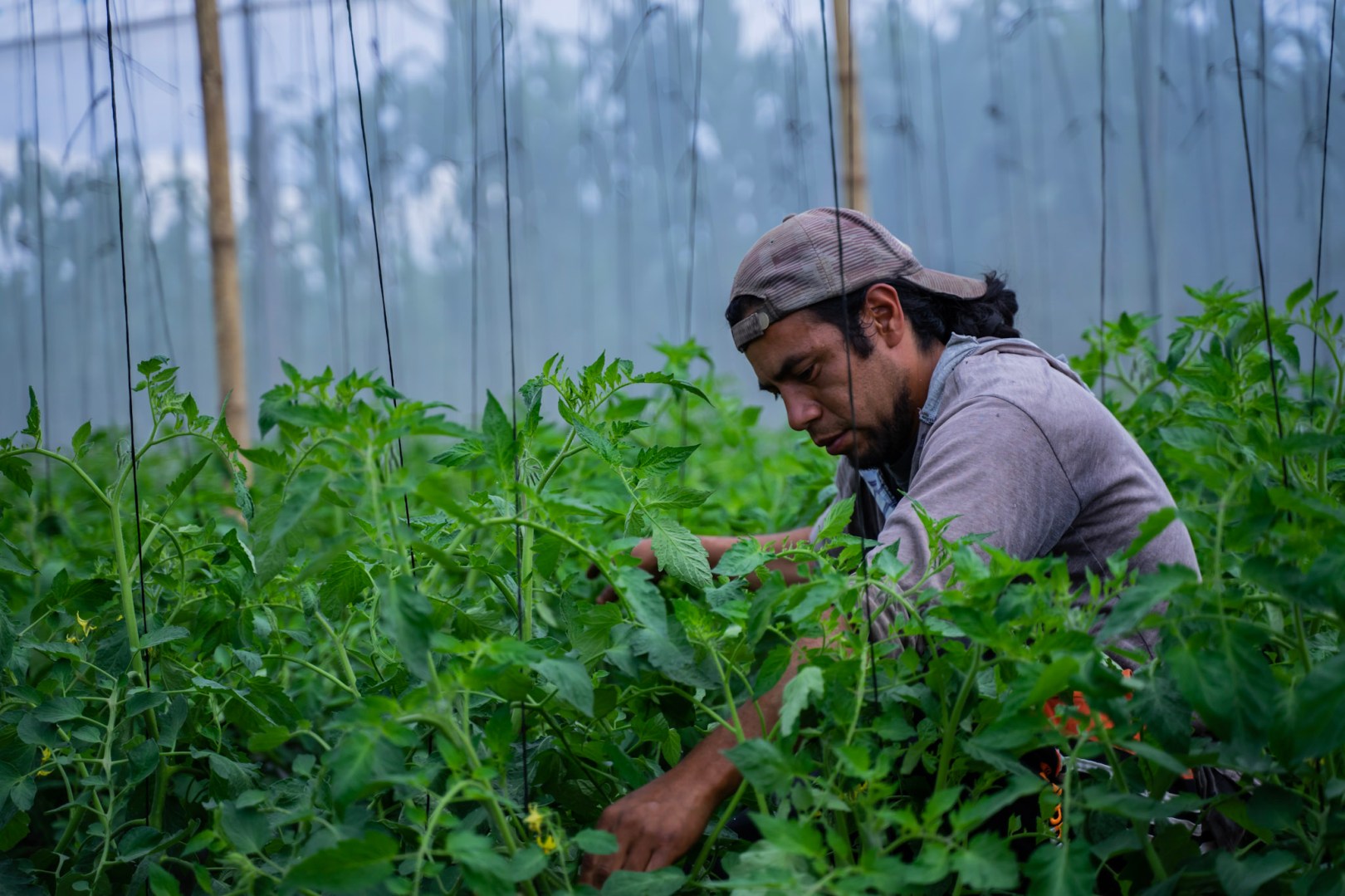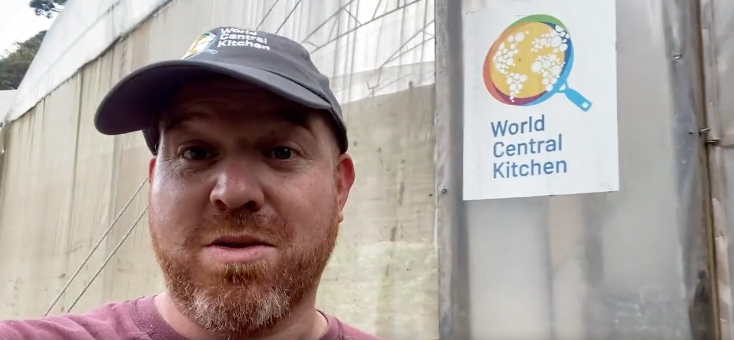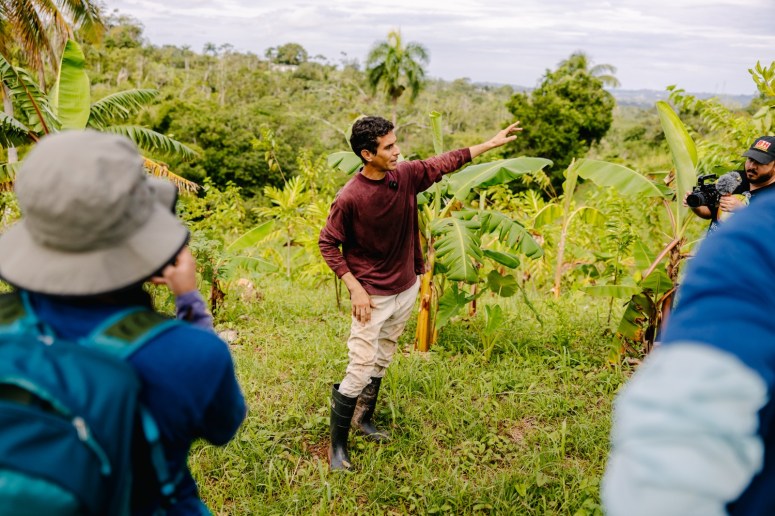From María to Now: 5 Years of Strengthening Food Security

WCK’s Food Producer Network (FPN) officially concluded operations at the end of 2022. Looking back on the program, we reflect on its impact on food producing businesses and communities.
Five years ago, WCK set out to create a program that could support food-producing businesses and communities in disaster-prone regions—helping to revitalize their operations and capacity to produce and distribute food after a crisis. In the process of building FPN, WCK provided hundreds of grants and loans, and thousands of hours of training, networking, and volunteer opportunities
FPN far surpassed our goal of strengthening food security and sustainability by building an incredible network of food businesses and achieving real and lasting changes in the lives of hundreds of farmers, fishers, and other food producers across Puerto Rico, Guatemala, the US Virgin Islands, The Bahamas, and beyond.

When Hurricane María swept over Puerto Rico in 2017, the island’s already vulnerable food systems were heavily impacted. In the aftermath of the storm, WCK conducted an agricultural assessment highlighting that 85% of the territory’s food was imported from the continental United States—that figure jumped to 98% for some time after the hurricane. It became clear to our team that building resilient food systems and bolstering local food production was imperative to ensuring the territory’s resilience in the face of future disasters.

We are chefs for the people, so we help to make sure that [the farms we work with] become food independent, after hurricanes or well beyond.
José Andrés
The vulnerabilities that affect Puerto Rico’s food producers are not unique to the territory. Lack of capital, training opportunities, and infrastructure hold back small food production businesses across the world. Food producers like these account for a third of the world’s food supply. As our capacity grew and WCK responded to more disasters across the Caribbean and Central America, FPN expanded throughout the region.
After Puerto Rico, we expanded to the US Virgin Islands—a neighboring US territory that imports an estimated 95% of its food. Then to Guatemala, which in 2018 suffered one of the most devastating disasters in Latin America with the eruption of the Fuego Volcano. And finally to The Bahamas where in 2019 Hurricane Dorian decimated food production on Grand Bahama and the Abaco Islands.
Since 2017, WCK invested more than $5 million in those territories and countries to help smallholder farmers, fishers, and small food-related businesses revitalize their operations and begin to regrow their long-term capacity for food production, distribution, and sales. By supporting sustainable practices throughout the agricultural value chain, FPN contributed to improved access to nutritious, locally produced food, strengthened the overall food economy, and helped local food systems build resilience against future disasters.
The increased productive resilience achieved through FPN also allowed program participants to support WCK’s emergency food responses in regions where the program operated. This was the case in Puerto Rico after the 2020 earthquakes and in 2022 following Hurricane Fiona. WCK was first to the frontline, providing meals to affected communities hand-in-hand with FPN partners who supplied tens of thousands of pounds of fresh produce to our Field Kitchens.
The readiness of FPN partners to respond and assist will carry on into the future, ensuring WCK has a built-in network of support during future emergencies. The capacity to support WCK relief efforts provides compelling evidence that the program helped create resilience and improve food and nutrition security.
Direct financial support was offered to food producers in Puerto Rico, US Virgin Islands, Guatemala, and The Bahamas. However, FPN reached far beyond these regions through its capacity building program that focused on cultivating business skills, technical skills, and resilience. Offered online and free of charge, these webinars reached thousands of food producers in more than 30 countries.
Through FPN, we have seen that increased access to training, infrastructure, and technology are critical drivers of agribusiness development; that sustainable and responsible food production mitigates climate change; and that localized, climate-responsible food production is the key to building resilient food systems.
Today, FPN program participants—whether grant recipients or webinar attendees—are part of a larger movement to build strong food systems, promote equitable economic recovery, grow local food production, and increase access to nutritious foods. Together, they work to ensure communities can produce most of the food they consume, one plate at a time.











